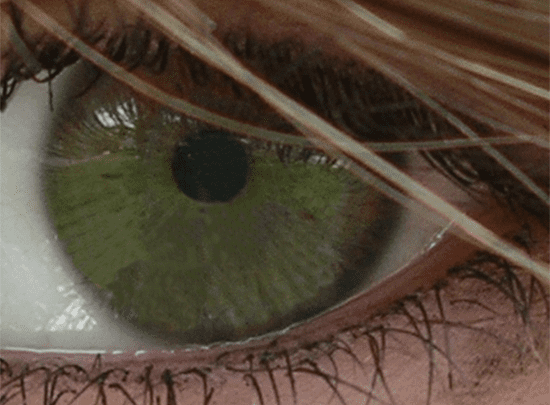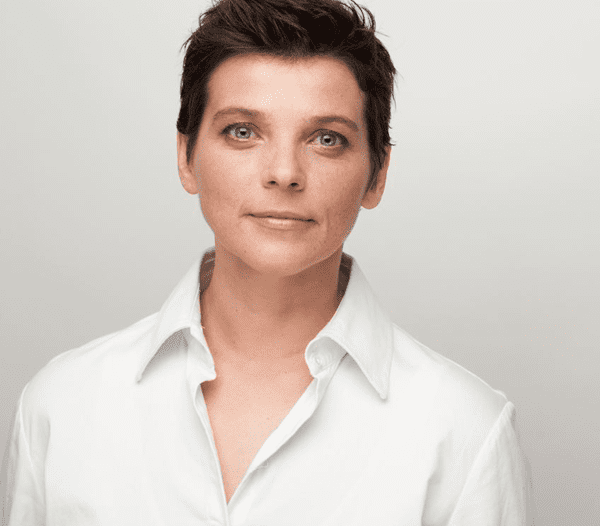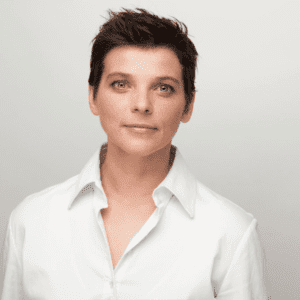Writing Walking through Glass has been a long journey. It began as a novel but it has since become clear that it needs to be a memoir. The DD mentorship helped me to know what I really needed to write. David Layton was a fantastic, incredibly insightful mentor. A friend of mine who is also a writer, Diane Terrana, was also instrumental in reading and rereading and giving notes, as well as a beloved friend, Sharon Simone.
Starting out, I just had a vision of writing a book with the issues I explore in Walking through Glass, and didn’t know how I was going to get to the finished product. David was my first mentor and the first person to read more than one draft of my work. I needed someone who could ask me deep questions and get me to go further into the relationships and the heart of the story. I was very open to comment and criticism. I think that really helps, especially as a first time writer. David gave me great notes and I trusted his notes and dove into the rewrites, staying on schedule because I really wanted to make the most of the time frame of the mentorship. It’s not easy to get someone in the world who will willingly read two or three drafts and continue to give feedback. So, for new mentees, go for it. Even if you do an entire rewrite, save your previous drafts and be willing to challenge yourself on the new draft while you have access to a mentor. Be committed to the process, willing to make changes and open to rewrites or even entire genre shifts if the story demands it. Having a caring mentor to work with without having to pay is a great and rare gift. Thank you DD!
A profile series of DD’s emerging writers sharing their experiences with writing and their participation in the DD mentorship program. Title of work: Walking through Glass
Genre: Memoir
Mentor: David Layton
I just finished my rewrite of the now memoir. I will submit it to a few agents and a junior editor and keep my fingers crossed. If that doesn’t work out, then I will keep pushing until I find someone who believes in the writing and the purpose and is willing to support it.
Finding a title that worked was very hard, but Walking through Glass just seemed right. There are layers to it. It was a good metaphor for strength and survival, and . . . I was silly enough to do it when I was a child!
The beginning section about my childhood is proving to be the hardest to write even now, because I am trying not to bore people with the perspective of the child, and yet try to expose the reality of my childhood so that by the time my memoir reaches the teenage years and adult years the story and choices, the root, make sense. The prologue, which in a way “explains” the mother, might not remain in the memoir. I thought it might be a good way to provide history without going into great detail and would set up the idea of generations of experience . . . but the jury is still out on that.
Carly, the central character in Walking, is me. I believe all humans have choices. When we are grown, we can choose to love, work on ourselves, and treat each other with dignity, or we can choose to repeat what we were taught by our parents. This principle can be seen at play all over the world, in relationships, in families where there might be violence or abuse, or in countries and systems of oppression or war, sexism, homophobia, racism, etc. We can choose the opposite of hate and violence, and it starts with ourselves and in our own families.
The voice in Walking is a personification of the negative aspect of Carly’s/my psyche which internalized the message to think negatively of myself. Homophobia is everywhere, and gay marriage does not erase deep-seated homophobic ideology of a culture. It’s not surprising that most young people have a negative internal voice. Mine was trained to believe that being female meant looking a certain way and that heterosexuality was “normal” and being LGBT meant being mostly invisible. It is changing, but slowly. We need only look to countries where being gay is still criminalized, people are tortured, murdered and imprisoned simply for existing. It’s horrific. But the voice also acted as an internal protector. It is connected to the messaging about body image and body weight, but you will have to read the book to understand it!
I do feel personally changed by having written Walking. At first I was afraid to write the story and chose the novel form as a way to distance and protect myself, but I am not afraid anymore and have come to terms with the fact that it truly is a memoir. I have made significant changes to remove the fictional sections.
I am hoping to reach a wide range of readers. I want them to come away with a deeper understanding of certain relationships, the politic of art, of the body and relationships, LGBT issues and family violence. There are multiple stories and still many taboos in our culture. I hope people in film, women, LGBT communities, educators, therapists, young adults, and anyone, really, relate or take away something new or see themselves reflected. It’s a unique book and I hope people from all walks will be willing to read it! If it inspires dialogue or a shift in thinking, then that’s good!
Next, I am working on a book about the lives of LGBT talent. I am compiling lists of LGBT performers to interview about what it’s been like to succeed, or try to, as LGBT actors or comedians, how the culture has responded, what it’s been like to be performers or political figures in a time of homophobia, and what defines success. It’s not an easy culture especially if you don’t “pass” as heterosexual or choose not to. I feel like we haven’t really heard enough of these voices. There are pioneer performers that few people know about, dating back to the Stonewall years in the ’60s. And I’m also playing a small part in a movie about Stonewall by Roland Emmerich that is shooting in Montreal this summer, which feels very right and in sync with the rest of my life.



